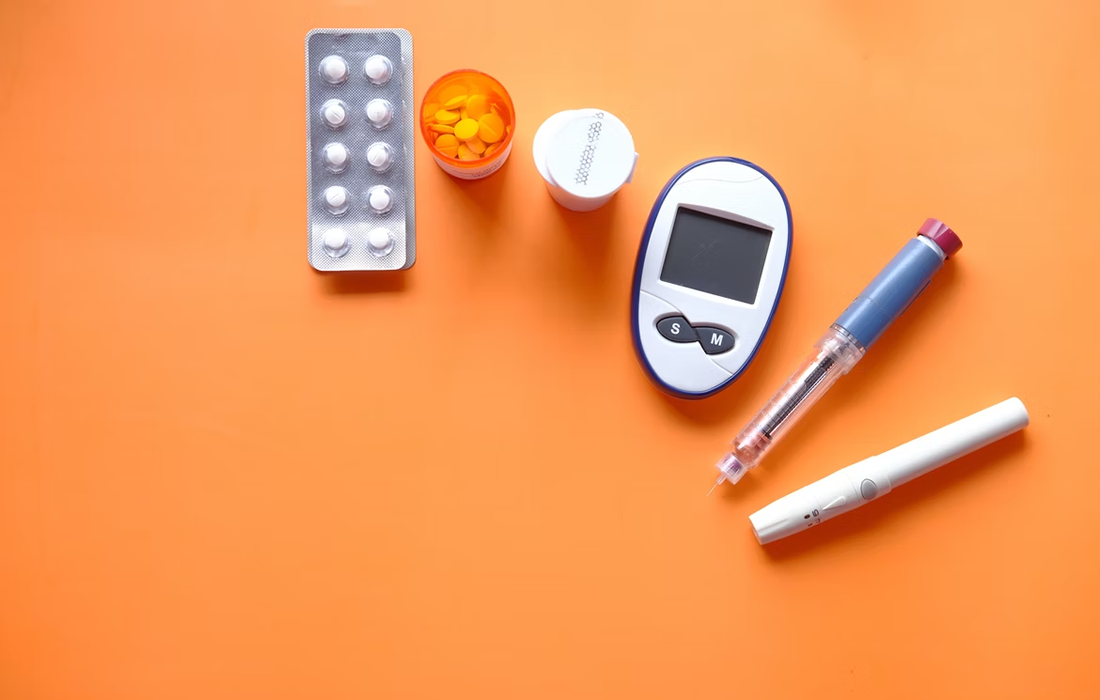Stem Cell Therapy for Specific Conditions
Umbilical Cord MSCs Ameliorate Erectile Dysfunction in Diabetes Mellitus
Erectile dysfunction (ED) is one of the most common male sexual dysfunction diseases, with 150 million men suffering from varied degrees of ED globally. It is also one of the major complications in men with diabetes mellitus (DM). The incidence in patients with diabetes is up to 75%.
Men with DM tend to suffer from ED about 10 years earlier than the general population. One of the more commonly used treatments for ED is sildenafil, but up to 35% of patients do not react to it. This might be due to severe neurological or vascular lesions caused by diabetes.
Due to the lack of effective therapies, other therapeutic options have been under evaluation. One of them is the use of mesenchymal stem cells (MSCs), which can be obtained from multiple tissues, including bone marrow, umbilical cord, and fat tissue. They have been proven to be effective in the treatment of multiple health conditions, including multiple sclerosis, osteoarthritis, heart failure, and other health conditions.
The use of umbilical cord stem cells has some advantages over other sources. Some of them include: their collection is non-invasive, greater proliferation capacity, and greater self-renewal potential.
In a recently published study, researchers evaluated the use of human umbilical cord MSCs (HUCMSCs) in managing ED in rat models of type 1 and type 2 diabetes mellitus.
Effective Method to Improve Erectile Function
For the study, the team used 2 different injection methods. The first one using an injection directly in the corpus cavernosum, and the second via a tail vein injection.
They were monitored simultaneously by electrical stimulation four weeks after injection to indicate the erectile function of the rats. Histological changes were also evaluated.
The team found that both injection methods were as effective in improving erectile function in both models. The histological analysis and EdU assay showed that some of the HUCMSCs colonized the corpus cavernosum, while the smooth muscle in the penis expanded and collagen decreased following the injection.
The researchers also found that the levels of oxidative stress in the penis were dramatically reduced, as was the tissue iron content.
The team concluded that HUCMSCs are an effective method of improving erectile function in both type 1 and type 2 diabetes mellitus erectile dysfunction in rats without any major adverse events. These findings can provide important pieces of information for future studies on humans.
Source:
Huan Feng, Qi Liu, Zhiyao Deng et al. Human umbilical cord mesenchymal stem cells ameliorate erectile dysfunction in rats with diabetes mellitus through the attenuation of ferroptosis, 08 April 2022, PREPRINT (Version 1) available at Research Square [https://doi.org/10.21203/rs.3.rs-1504898/v1]
Image from:
Photo by Towfiqu barbhuiya on Unsplash

